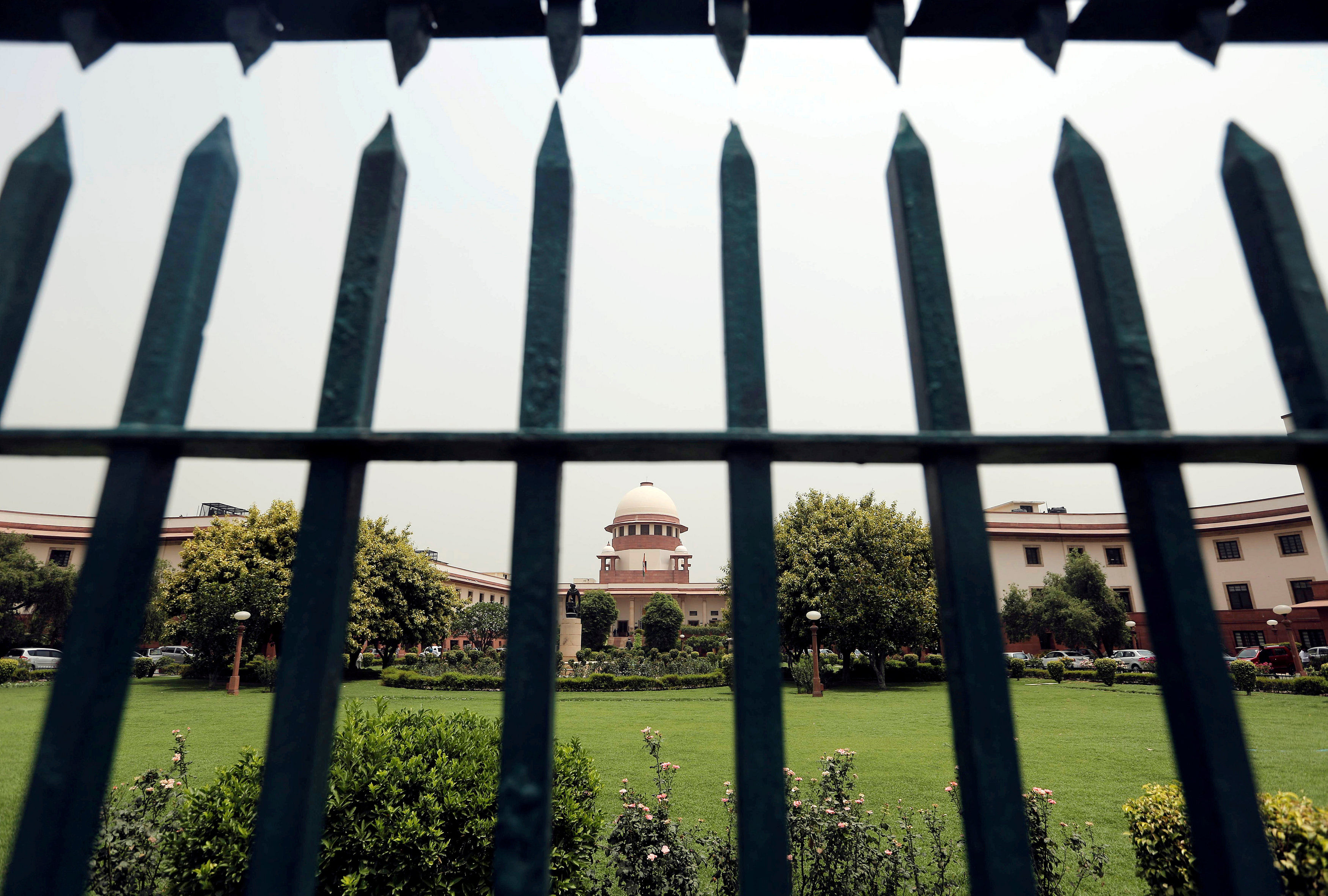The directions issued by the Supreme Court after taking suo motu notice of the “alarming rise’’ in the number of child rapes in the country should help to address some serious lapses and problems in the implementation of the Protection of Children from Sexual Offences (POCSO) Act. Over 1.5 lakh POCSO cases are pending in courts though such cases need to get precedence over others. The court found that the infrastructure and facilities for disposal of cases are inadequate and so it has ordered the setting up of special courts in all districts where over 100 such cases are pending. It also directed the central government to grant funds for this, and wants the special courts to be set up, with all facilities and judges and support staff, within 60 days. It has also sought suggestions on how to speed up delivery of justice in such cases.
It is a matter of serious concern that cases of sexual assault on children are increasing. In the first six months of this year, 24,212 First Information Reports (FIR) were filed in the country. This was more than the numbers reported during the same period last year. The processes of investigation and trial are slow, and often faulty. There are lapses in collection of evidence and forensic samples. Procedural lapses, like exposing the victims to the accused, are not uncommon, and the victims do not always get protection and support. There is inadequate protection of witnesses. There have even been cases of survivors turning hostile, out of fear of the perpetrators and even of the police. Many children who face abuse drop out of school, and most do not get the compensation they are entitled to. Because of all this, the conviction rate has fallen. It was a poor 32.6% in 2006 and fell to 28.2% in 2016. All these issues need to be addressed effectively and sensitively.
The government has tried to do it by amending the POCSO Act. The amendment was passed last week and it has some welcome features, like prescription of time-bound investigations, trial and disposal of appeals, restrictions on bail for the accused, and provision for fast track courts and special forensic labs, etc. There are also provisions to curb child pornography. But in the name of making the law more stringent, death penalty has been prescribed. This can only be counterproductive. Death penalty
is not a deterrent against any crime and should be abolished altogether. In the case of crimes against children, it can lead to the killing of children by the offenders. It is certainty of conviction that deters offenders more than the stringency of punishment, and this is the idea that should guide the formulation of laws and their enforcement.
